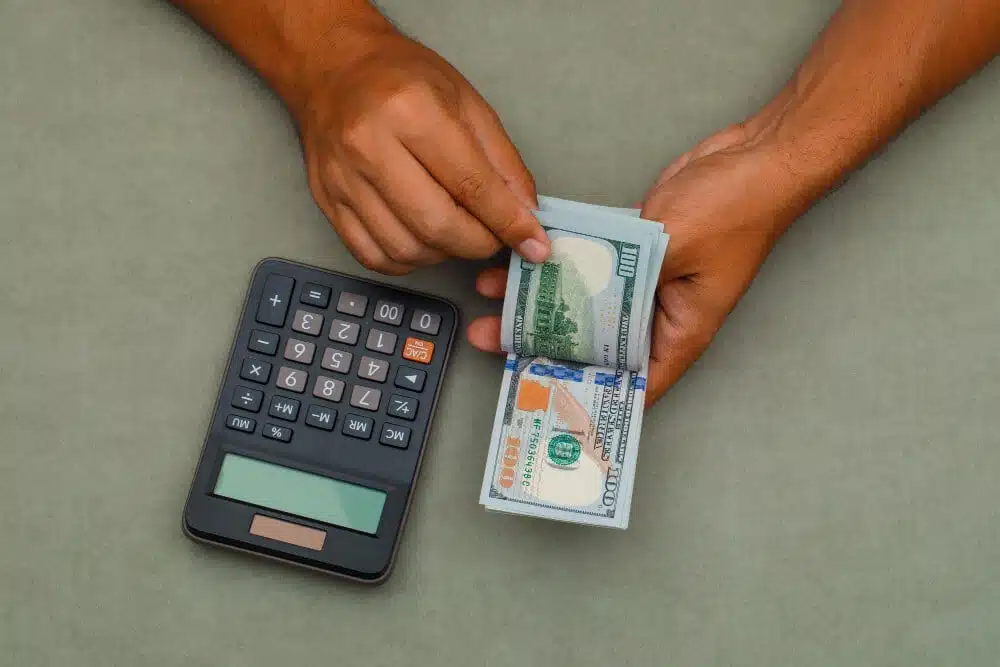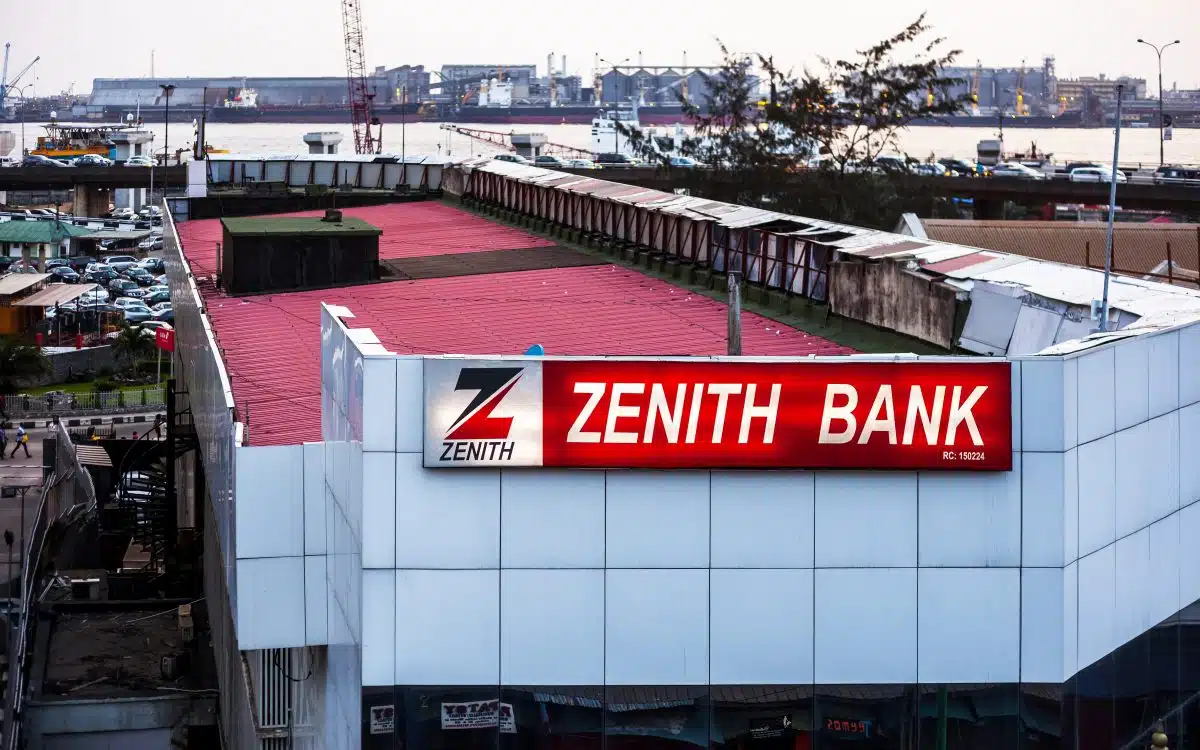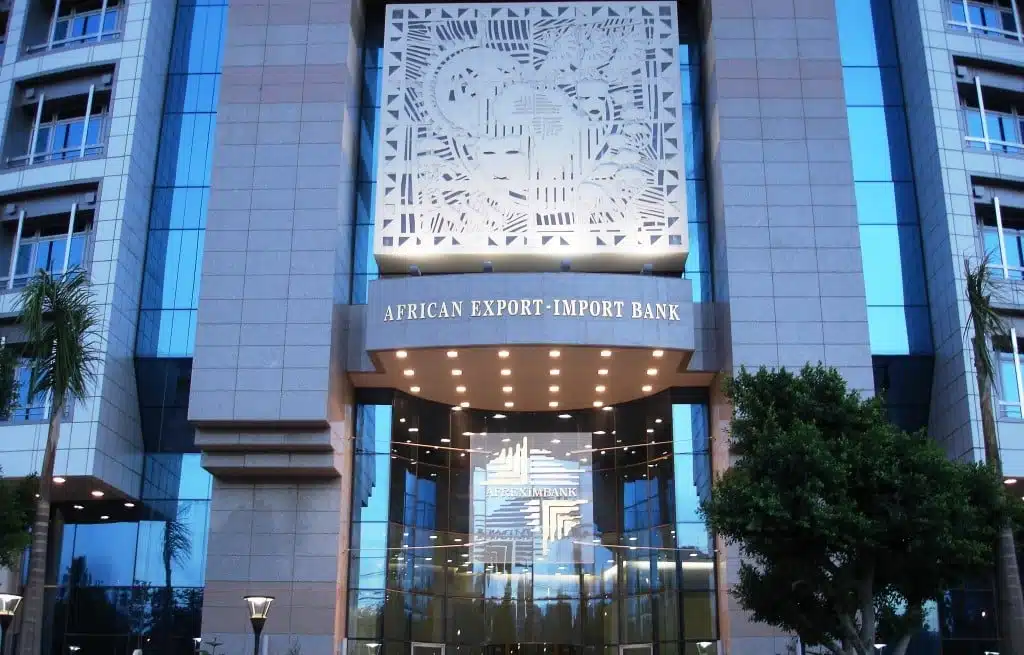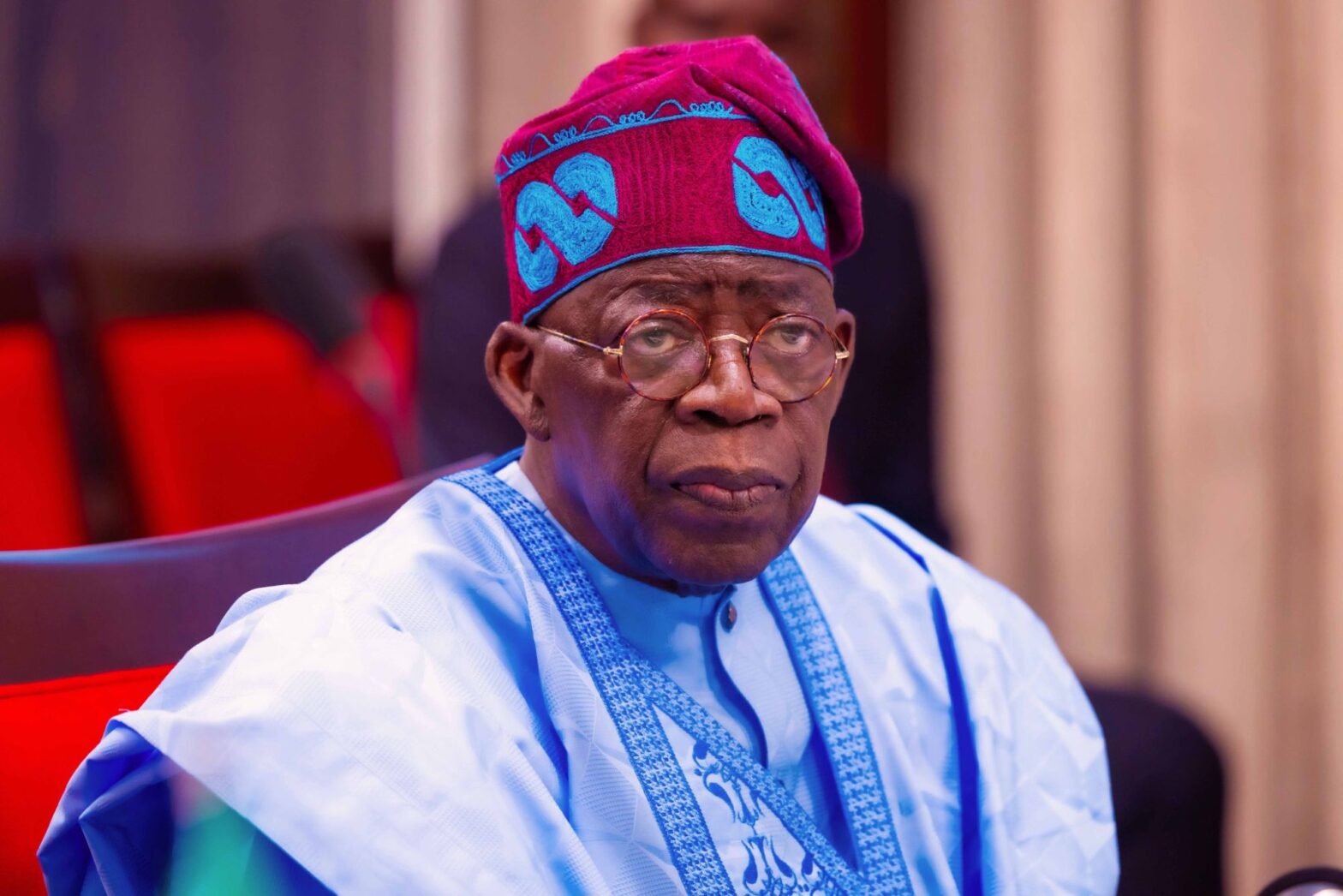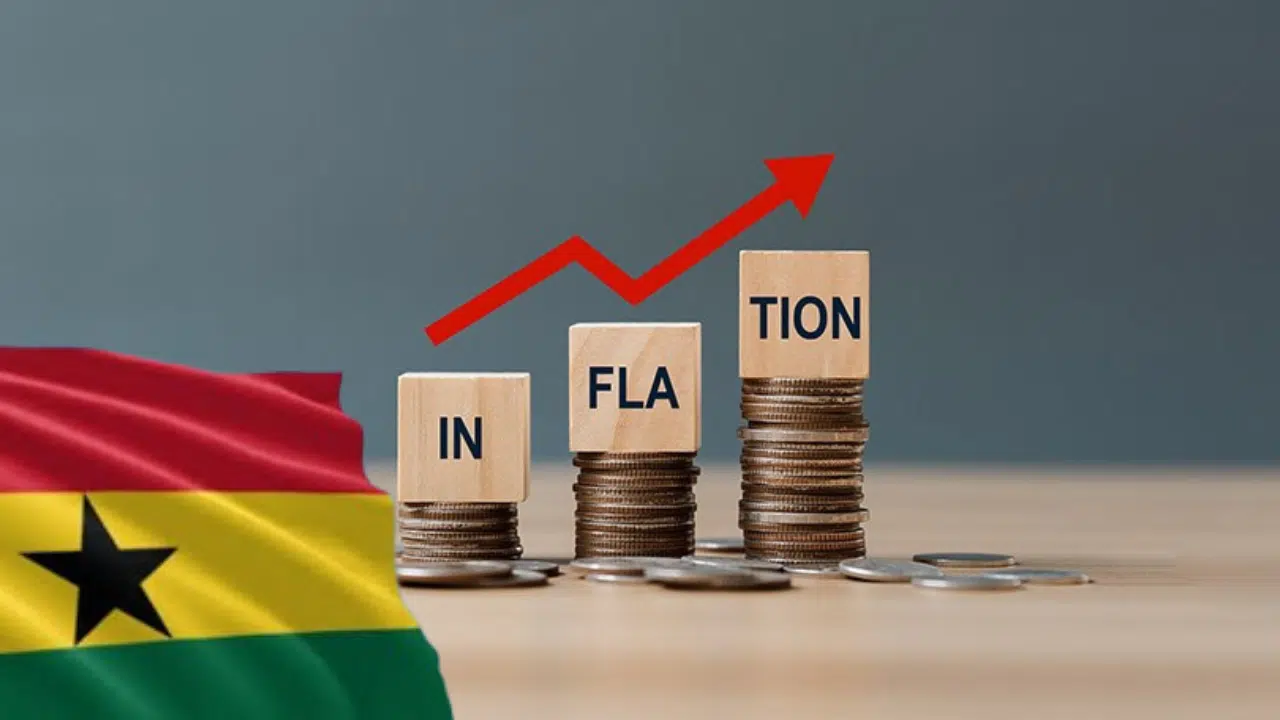A bill introduced on the floor of the Nigerian Senate seeking to prohibit the use of the US dollar and other foreign currencies for payments and transactions in the country has passed the First Reading.
The bill, sponsored by Ned Nwoko, a senator representing Delta North, and titled “A Bill for an Act to Alter the Central Bank of Nigeria Act, 2007, No. 7, to Prohibit the Use of Foreign Currencies for Remuneration and Other Related Matters”, has scaled first reading.
Provisions of the bill
By the bill, it will be mandatory for salaries, payments, and all domestic financial operations—including for expatriates— to be conducted in Naira. Crude oil sales and other exports would also be sold exclusively in the Naira denomination, compelling international buyers to purchase Nigeria’s currency, thereby driving demand and strengthening its value.
This move will drive the naira’s demand and value, enabling it to compete favourably against the dollar. Sen. Nwoko argued that the widespread use of foreign currencies while contributing to the country’s economic challenges is also a practice of colonial relic that impedes Nigeria’s economic independence.
The intended benefits of the bill
The Senator argued on the floor of the house that eliminating payments in foreign currencies and positioning the naira as the central currency for all financial operations will eliminate the informal currency markets that undermine the formal economy (black markets), and encourage unethical practices such as round-tripping by banks.
The bill which also proposes that banks would be directed to provide loans at lower interest rates to stimulate industrial growth and boost local production. Nigeria’s foreign reserves will be stored domestically to enhance economic security and minimise vulnerability to external shocks.
The implication of the bill for domiciliary account holders
Sen. Nwoko clarified that the transition of domiciliary account balances to naira would be voluntary for account holders. He is of the opinion that as the naira strengthens, the necessity of holding foreign currencies is expected to decline, ensuring a seamless transition.
He also assured Nigerians of continued access to foreign exchange for legitimate purposes such as travel, with reforms planned to streamline access to Basic Travel Allowance (BTA) and other forex needs.

